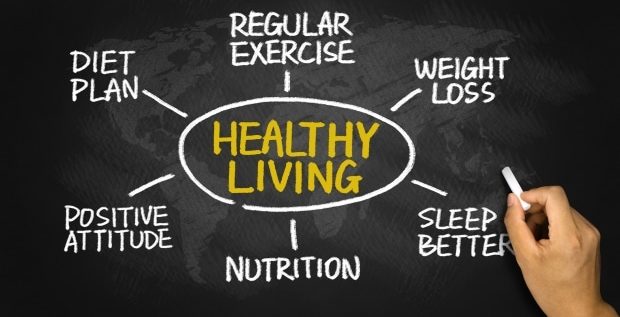What Is Nutritional Psychiatry?
It’s an established fact poor nutrition can negatively affect an individual’s physical health. But are nutrients essential for our mental health as well?
Definitely yes!
Think about it. Our brain never stops working – it works even when we’re fast asleep.
For our brain’s to consistently perform at its best, it needs a constant supply of fuel.
Just like other body parts, the food we eat has a direct effect on the structure and function of our brain. This is exactly what nutritional psychiatry investigates.
What is Nutritional Psychiatry?
Nutritional Psychiatry is an emerging field that studies the effects of a person’s diet on their mental health.
The discipline also focuses on how foods and brain-boosting supplements, such as multi-vitamins and nootropics like citicoline, can help people suffering from mental health disorders. Nutritional psychiatrists believe in taking a broader approach to treat mental illnesses.
Their focus goes beyond traditional therapies and medications like antidepressants. Food can also affect the way you feel.
Nutritional psychiatrists are of the opinion our diet not only affects the structure and functioning of the brain, but also affects the way we feel.
How It Works?
Our gastrointestinal tract is lined with millions of nerve cells also called neurons. One neurotransmitter is serotonin.
Serotonin helps in the regulation of our appetite, sleep, pain and moods. Ninety-five percent of the serotonin in the body is produced within the gastrointestinal tract.
Since most of the serotonin is produced within the gastrointestinal tract, it makes sense it plays a role in guiding our emotions, as well as digesting food.
In addition to serotonin, the bacteria that makes up our intestinal microbiome is highly important for our health. The bacteria supports the serotonin production and also protects the intestinal lining which prevents or limits inflammation and improves the absorption of nutrients.
Additionally, these bacteria are responsible for activating the neural pathways between our brain and the gut. Since probiotics contain these good bacteria, they can improve a person’s mental health and mood.
Since the concept is relatively new and it may sound implausible that bacteria living in our gastrointestinal tract can actually affect our moods. Many health care professionals also refute this claim.
The research in the field of nutritional psychiatry is still in its nascent phase. However, it’s increasingly gaining attraction of researchers from all over the world who are interested in finding alternative treatment methods for mental illnesses.






